Reasons why Vietnam visa denied?
Receiving a Vietnam visa denied notice can be frustrating and disappointing, especially when you’re eager to explore the country. Understanding the common reasons for visa rejection and how to avoid them can help ensure a smooth entry process. Whether it’s incomplete documentation, inconsistencies in your application, or other factors, being well-prepared is key to avoiding unexpected obstacles.
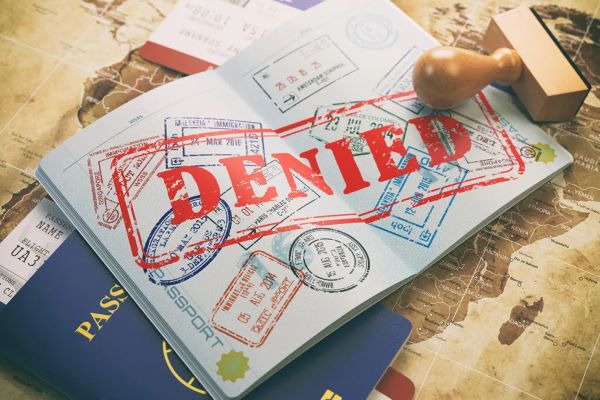
Common reasons for being denied entry to Vietnam
Vietnamese authorities reserve the right to refuse entry to any individual considered a potential threat to national security, public order, or public health. Some of the most common reasons for entry denial include:
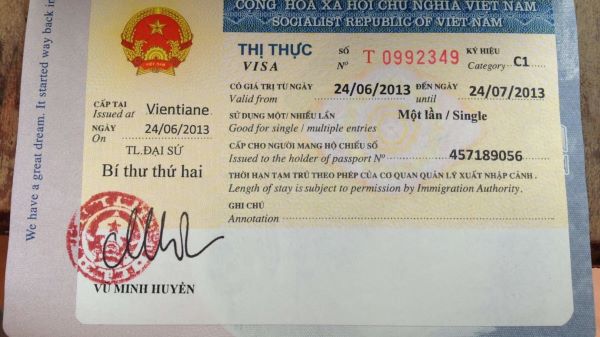
1. Incomplete or Invalid Documents
A common reason for entry denial is possessing invalid or incomplete travel documents. This can include expired, damaged passports or those that do not meet the required validity criteria. To avoid issues, ensure your passport is valid for at least six months beyond your intended stay and has at least two blank pages.
2. Application inconsistencies
Providing inconsistent or inaccurate information in your visa application can raise concerns with the Vietnamese Embassy or Consulate. Common discrepancies that may lead to entry denial include:
- Personal details, such as name, passport number, or date of birth
- Travel itinerary, including arrival and departure dates
- Stated purpose of visit
- Mismatched or insufficient supporting documents
3. Incomplete travel plans
Failure to provide clear and detailed travel plans can result in visa denial. Authorities may require specific information about your accommodation, transportation within Vietnam, and planned activities. A vague or incomplete itinerary may raise doubts about your true intentions for visiting.
4. Criminal convictions
Individuals with a history of criminal convictions, particularly those related to drug offenses, face a higher likelihood of visa denial. Given Vietnam’s strict security policies, any past criminal record can raise concerns about an applicant’s credibility and suitability for entry.
5. Lack of a valid visa
Most foreign nationals are required to obtain a visa before arriving in Vietnam. Traveling without a valid visa is a major reason for entry denial. To avoid complications, it is crucial to research visa requirements and secure the necessary documents in advance.
6. Insufficient funds
Vietnamese immigration authorities may require proof of sufficient financial resources to cover your stay. Providing evidence of adequate funds is essential to ensure a smooth entry process.
7. Lack of confirmed accommodation
Proof of confirmed accommodation, such as a hotel booking, is often required upon arrival in Vietnam. Failure to provide this documentation may raise concerns with immigration authorities.
8. Misinformation or Inconsistencies in travel documents
Inconsistencies in the information provided on visa applications, travel itineraries, or other supporting documents can raise concerns and potentially result in entry denial.
9. Health concerns
Travelers with contagious diseases or health conditions that could pose a threat to public health may be refused entry into Vietnam.
10. Suspicious activities
Engaging in activities considered suspicious by immigration authorities, such as political activism or unauthorized work, may lead to entry denial.
Consequences of being denied entry to Vietnam
Being denied entry can have serious physical and emotional repercussions:
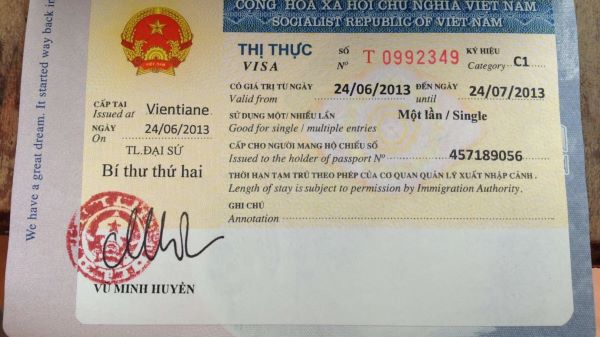
Blacklisting
In certain cases, denial of entry may lead to being blacklisted by Vietnamese authorities, which could prevent future attempts to enter the country.
Missed travel plans
The immediate consequence of being denied entry is the cancellation of your trip, which disrupts your travel plans and may lead to the loss of non-refundable bookings.
Flight and accommodation expenses
You may be held accountable for the costs of returning to your home country or a third country, as well as any expenses for unused accommodation or transportation.
Appealing a denial of entry to Vietnam
Although an immigration officer’s decision is typically final, there are a few limited options for appeal:
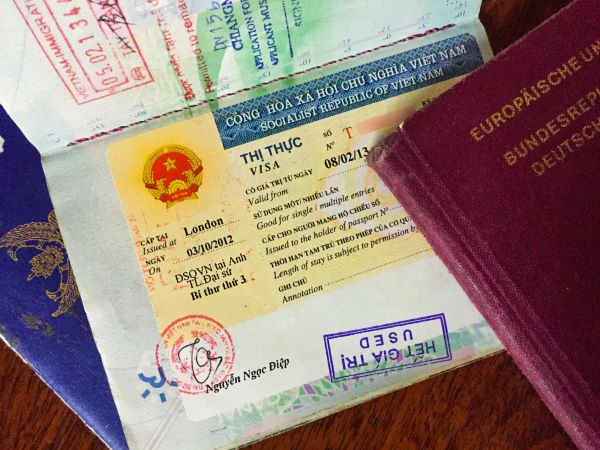
Requesting a review at the airport
You have the right to request an explanation for the denial and may ask for a review by a senior immigration officer. However, this process is often a formality with a low likelihood of success.
Contacting the Vietnamese embassy or consulate in your home country
You can contact the Vietnamese diplomatic mission in your home country to inquire about available appeal procedures.
Seeking legal assistance
If you believe your entry was unjustly denied, it may be helpful to consult an immigration law expert. They can offer advice on possible legal remedies.
Legal rights when denied entry to Vietnam
If you’re denied entry to Vietnam, you retain several legal rights:
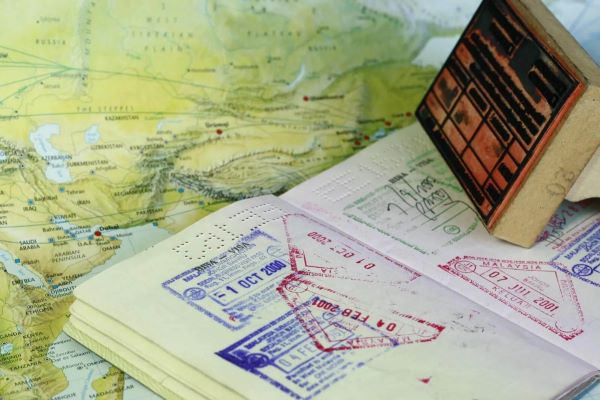
Right to explanation
The immigration officer is required to give you a clear explanation for the denial.
Right to contact your embassy or consulate
You have the right to reach out to your country’s embassy or consulate in Vietnam for assistance.
Right to remain silent
You have the right to refrain from answering any questions that could incriminate you or be used against you.
Facing a Vietnam visa denied situation can be challenging and disruptive to your travel plans. To avoid such issues, it’s essential to carefully review visa requirements, provide accurate information, and ensure all necessary documents are in order. If your visa is denied, seeking guidance from the Vietnamese diplomatic mission or an immigration expert can help you explore possible solutions.

